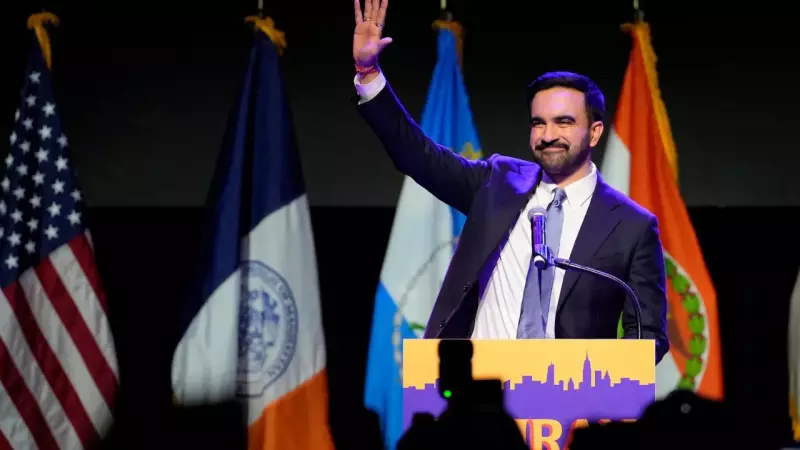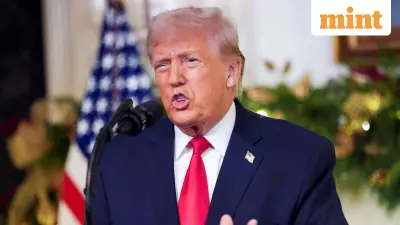
In a powerful moment that resonated across political circles, New York Assemblyman Zohran Mamdani delivered an electrifying victory speech that's being hailed as a watershed moment for Muslim representation in American politics. The Democratic Socialist's unapologetic declaration of his Muslim identity has sparked conversations about the evolving landscape of political representation in the United States.
A Defiant Declaration That Made History
"I am Muslim and I refuse to apologize for it," Mamdani proclaimed during his victory address, marking a significant departure from the cautious approach often taken by minority politicians. This bold statement came after his successful re-election to represent New York's 36th Assembly District, encompassing Astoria and parts of Queens.
What Makes This Political Moment Different?
Unlike previous generations of Muslim politicians who often downplayed their religious identity, Mamdani's approach represents a new wave of political courage. His speech wasn't just about winning an election; it was about challenging the narrative that Muslim Americans need to assimilate or hide their identity to succeed in politics.
The significance of this moment extends beyond mere symbolism. Mamdani's victory and his subsequent speech represent:
- A shift in political strategy from assimilation to authentic representation
- Growing confidence among Muslim Americans in political spaces
- Changing voter attitudes toward religious diversity in leadership
- Inspiration for younger generations of Muslim Americans considering public service
The Broader Impact On Muslim Community In US
Political analysts are viewing Mamdani's stance as part of a larger trend of increased Muslim political engagement and representation. The number of Muslim elected officials in the United States has been steadily growing, with current estimates suggesting over 150 Muslim officials serving at various levels of government.
Why This Matters Beyond New York
Mamdani's unapologetic approach comes at a crucial time when Muslim communities across America are navigating complex political landscapes. His success demonstrates that:
- Authenticity resonates with voters across religious and cultural lines
- Progressive policies and religious identity can coexist in American politics
- The Democratic Socialist movement is creating space for diverse religious voices
- Local politics can serve as a platform for national conversations about inclusion
The Road Ahead For Muslim Political Representation
Mamdani's victory speech has ignited discussions about the future of Muslim political participation in America. As more Muslim Americans run for office and win elections, the political establishment is being forced to reconsider long-held assumptions about electability and religious identity.
"This isn't just about one politician or one election," says a political commentator familiar with Muslim American political trends. "It's about changing the very definition of what it means to be an American leader. Mamdani's declaration marks a turning point where Muslim politicians are no longer asking for permission to be themselves in public life."
The impact of this moment will likely be studied by political scientists and community organizers for years to come, as it represents both a personal victory for Mamdani and a symbolic victory for an entire community seeking equal representation in the American political system.





